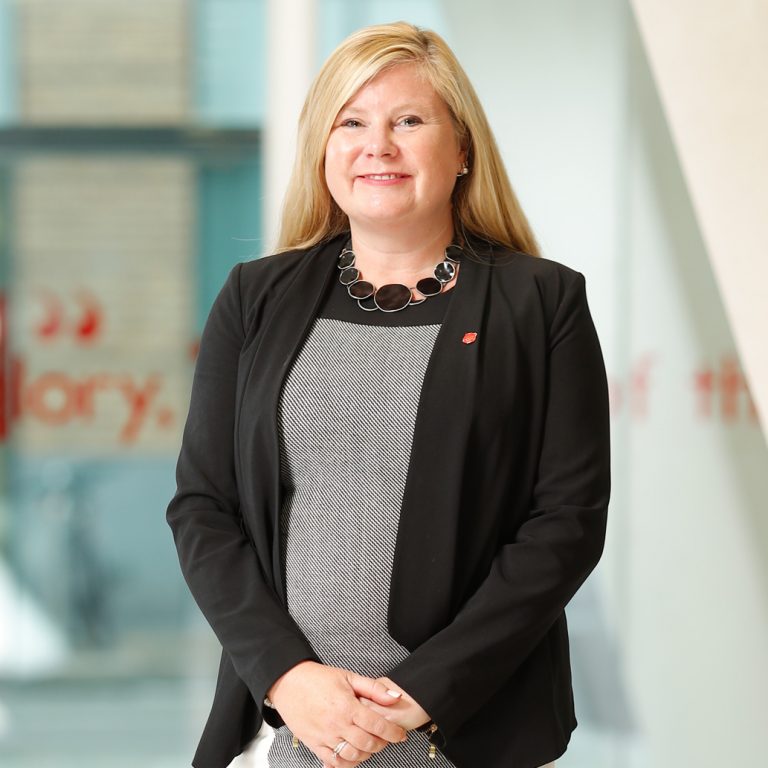Think Salvation Army and it’s the mall at Christmas, as a brass band gives a peerless rendition of Silent Night, as shoppers rush past to their next purchase. But what many don’t realise is, the Salvation Army is dealing with the worst kinds of human tragedy – across more than 130 countries – from slavery and people trafficking, to addiction and homelessness, working on a myriad of levels, quietly, stoically, humbly.







